With milk prices back above cost of production on most dairy farms in the last few months, some farmers are starting to think again about investing in their businesses.
After a period of two years of low prices, when investments were put on hold, it might be a logical thing to do, but speaking at an event for agri journalists last week, Danske Bank head of agribusiness Robert McCullough urged farmers to be cautious.
“We see it in dairy at the moment. Perhaps farmers should temper their enthusiasm with caution. It is time to think hard and plan ahead. To de-risk your business is to de-leverage,” he said.
The latest farm income figures from 2014/15 put average borrowings per dairy farm at £93,247. McCullough estimates that this figure in 2015/16 has probably moved to £112,000 to £115,000 per dairy farm. His argument is that pig farmers know to put money away when times are good, to cope with periods of low prices, and perhaps dairy farmers need to think the same way.
“The first step to manage volatility starts with the farmer. Financial discipline on a lot of farms is poor, and needs to improve. If thinking of a capital investment, is it worthwhile? We will continue to support viable and sustainable businesses. But working harder isn’t always working smarter,” said McCullough.
He also questioned conventional thinking in NI agriculture. Some farmers, perhaps without a successor or technically inefficient, should exit the industry and have no shame in doing so, he suggested. He also pointed to a land market that is inflated by people looking to invest with money from outside farming. “Farmers are not the only people chasing after land. Do they really need to own it?” he asked.
Looking ahead to Brexit, he maintained that there will be opportunities, particularly with a large UK market that is not self-sufficient in food, but there will also be significant challenges if direct payments to farmers are cut and favourable trade deals are not forthcoming. “The reality is that the beef and sheep sector will really struggle without direct payments. We also need a minister back in place at Stormont (to deal with Brexit) as soon as possible,” he said.
Earlier this week, Danske Bank upgraded its growth forecast for the NI economy this year from 0.5% to 0.8%.
That comes after the economy performed better than expected following the EU referendum last June. However, it is still well below the 1.5% growth estimated for 2016.
Speaking last week, Danske Bank economist Conor Lambe said that growth has held up reasonably well, but that there are a number of headwinds on the horizon. That includes inflation pressures due to higher input costs on the back of a weaker sterling against the euro and US dollar.
With an increase in wages unlikely to match rising prices, household purchasing power gets squeezed, leading to reduced consumer spending and a slowdown in the economy. “The economy will still grow – it is not a recession, but growth will be slower than last year,” predicted Lambe.
For the agri food sector in NI, he expects limited growth to continue in 2017 and 2018, on the back of a reduction in the value of sterling after the Brexit vote, which he described as a “short-term boost”. But in the longer term there is considerable uncertainty for the industry, particularly for trading arrangements across the Irish border and funding support. He was also unwilling to speculate where sterling will go against the euro. “No one knows. It is important that businesses do a lot of scenario planning,” he said.



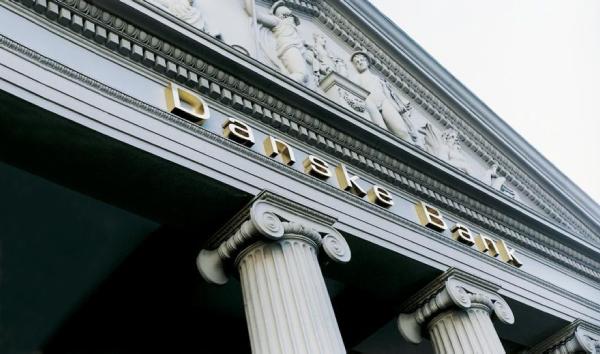

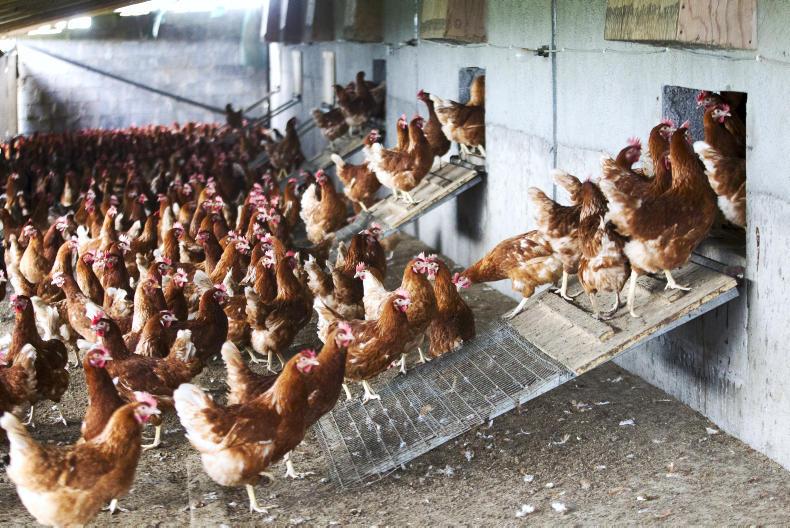

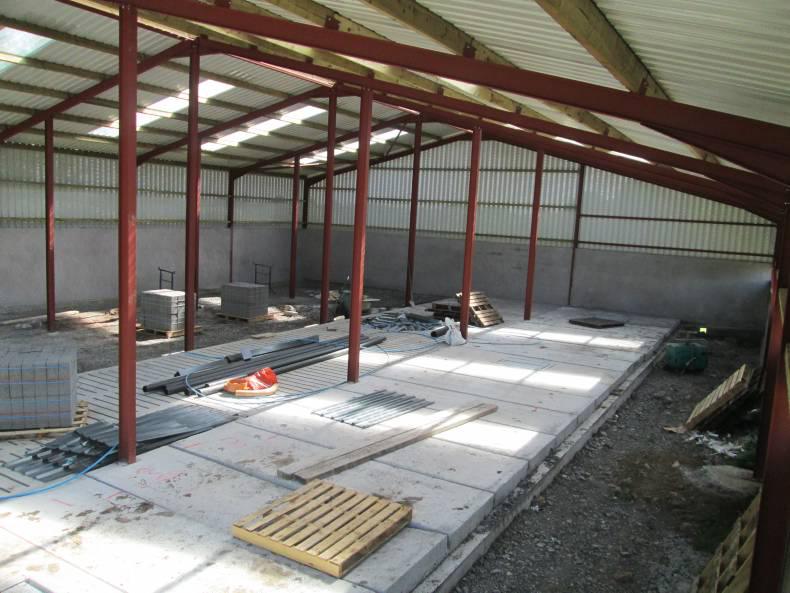
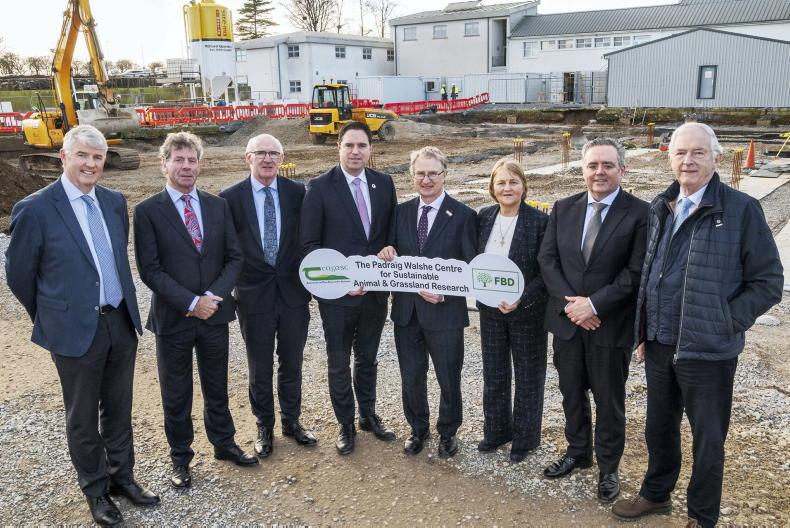
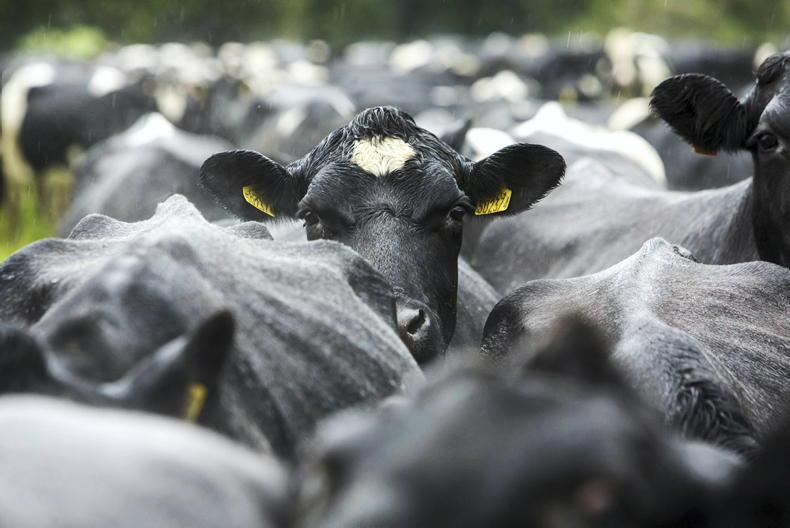
SHARING OPTIONS